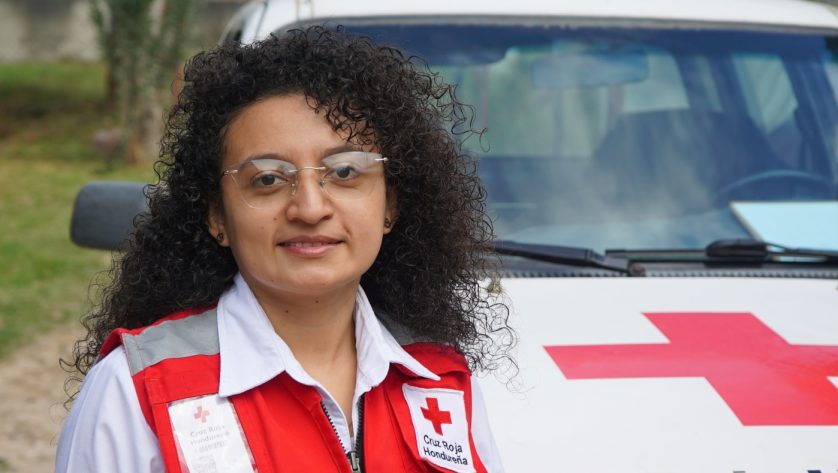Rupali Hemram lives in a small rural community called Godagari, just over 30 kilometers away from the city of Rajshahi – one of Bangladesh’s largest commercial and urban centers.
With a household that includes two children, a husband and a mother in law, meeting and managing daily expenses is a juggling act that has become harder and harder in recent times.
Like many low-income families around the world who have felt the socioeconomic impacts of the Covid-19 pandemic, Rupali’s family has struggled through countless challenges that have only been exacerbated by the pandemic.
To help reduce the risk that families such as Rupali’s will sink further into poverty, or develop negative coping strategies, the Bangladesh Red Crescent Society (BDRCS) has supported 500 households with 2,500 Taka (a bit over USD 25) to help them buy food, invest in other livelihoods and develop other sources of income.
“The money I received was a great help” said Rupali with great relief. “I invested in livestock. I am rearing ducks and hens. I sell eggs to my neighbors and sell ducks in the local market. With this money, I am able to contribute to my family. My daughter also started going to school again.”
With the cash received by BDRCS, Rupali has not only diversified her family income, she also helps the income-generating activities of her husband, Shawpon Beshra, who is also a farmer. With only his earnings through seasonal work, it had been almost impossible to provide for their five-member family.
These livelihoods have allowed her to look forward to a better future for her children.
 Red Cross Red Crescent magazine
Red Cross Red Crescent magazine 
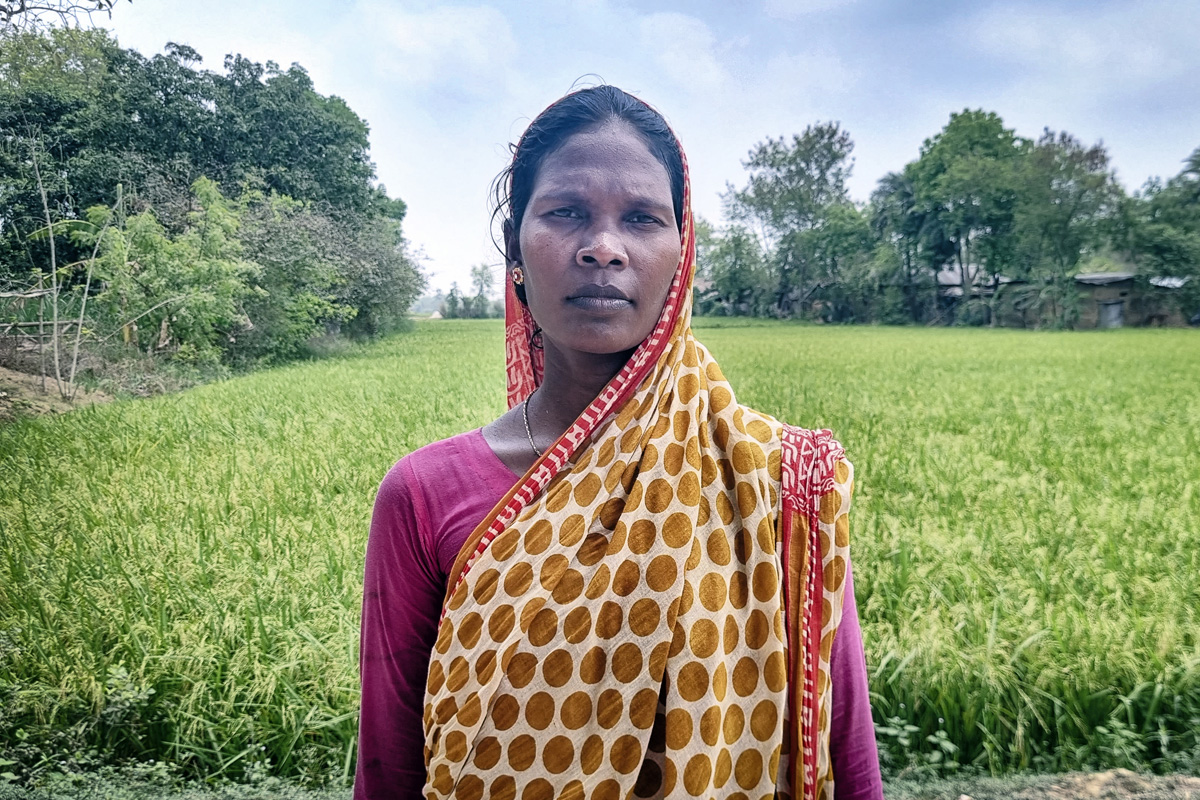
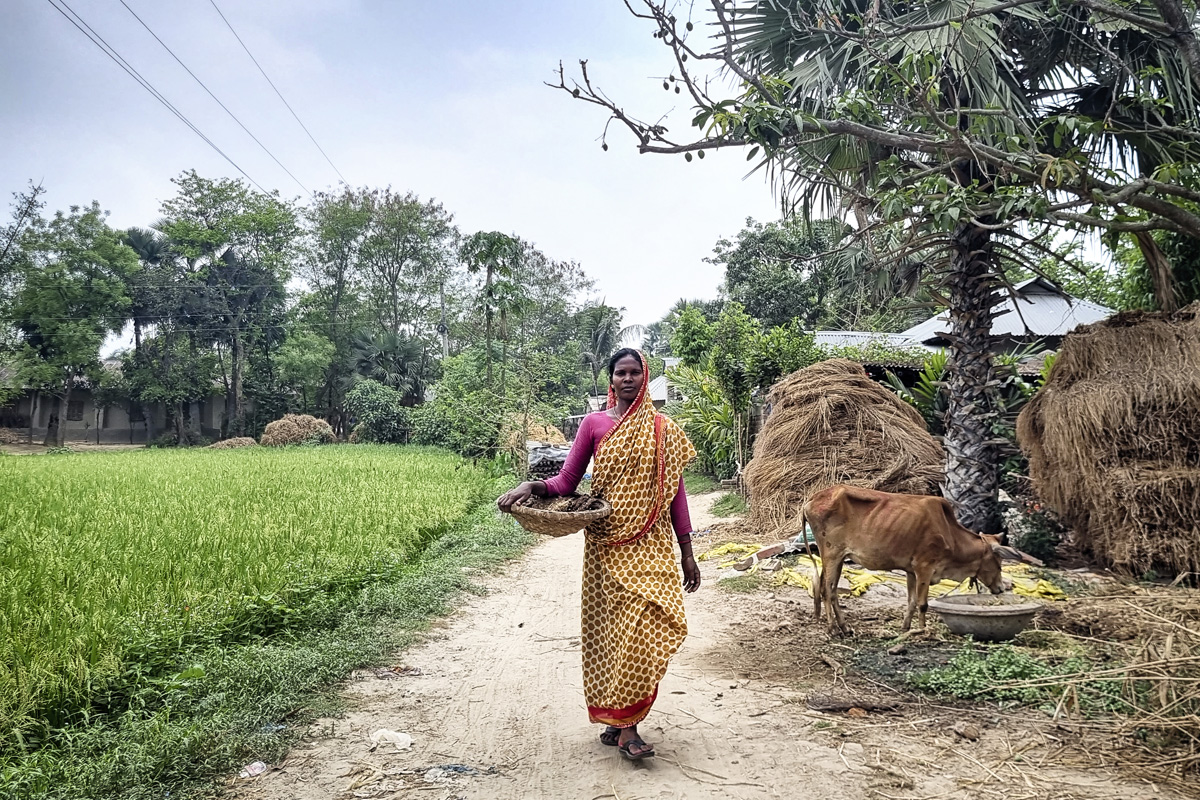
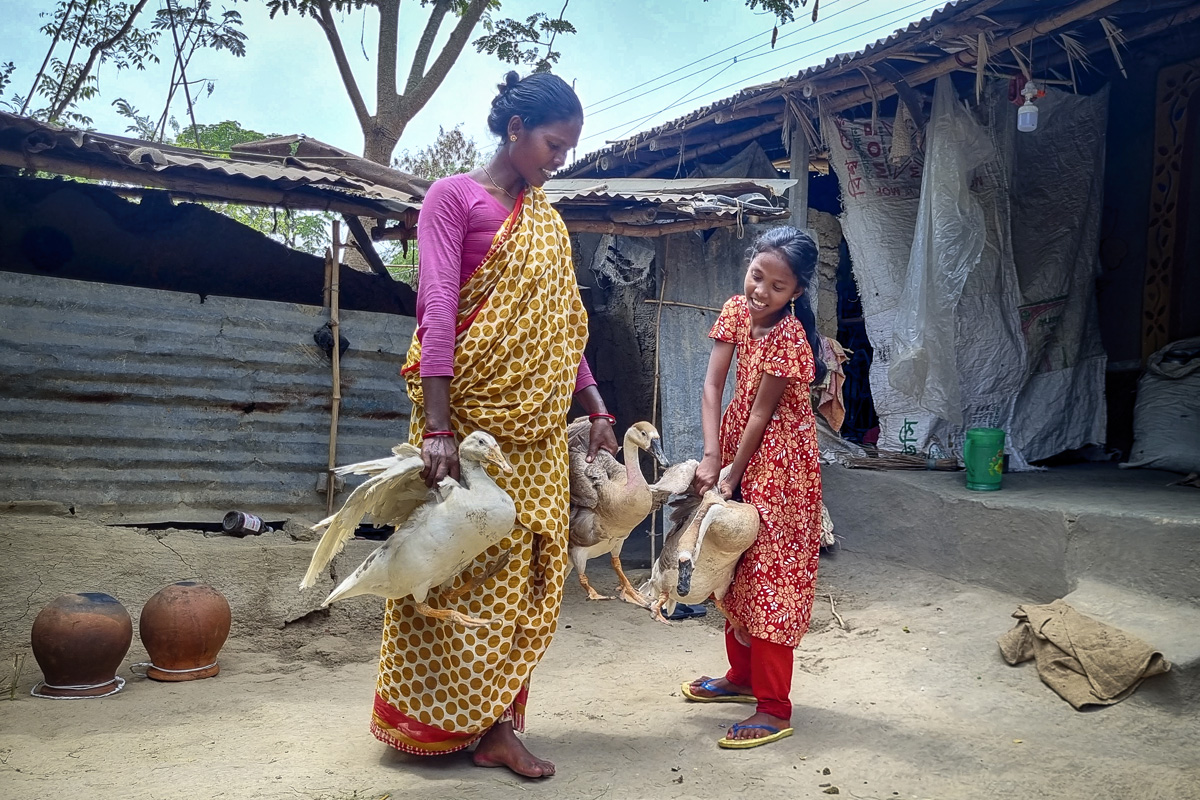
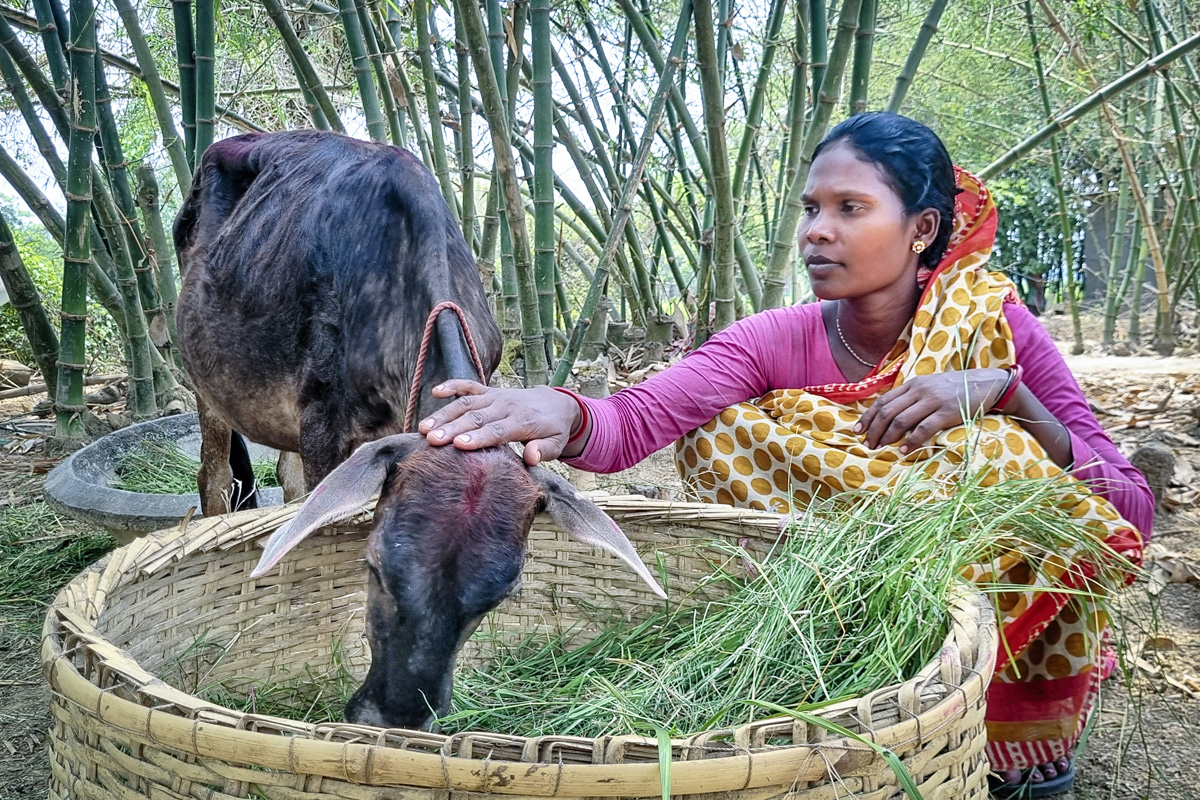
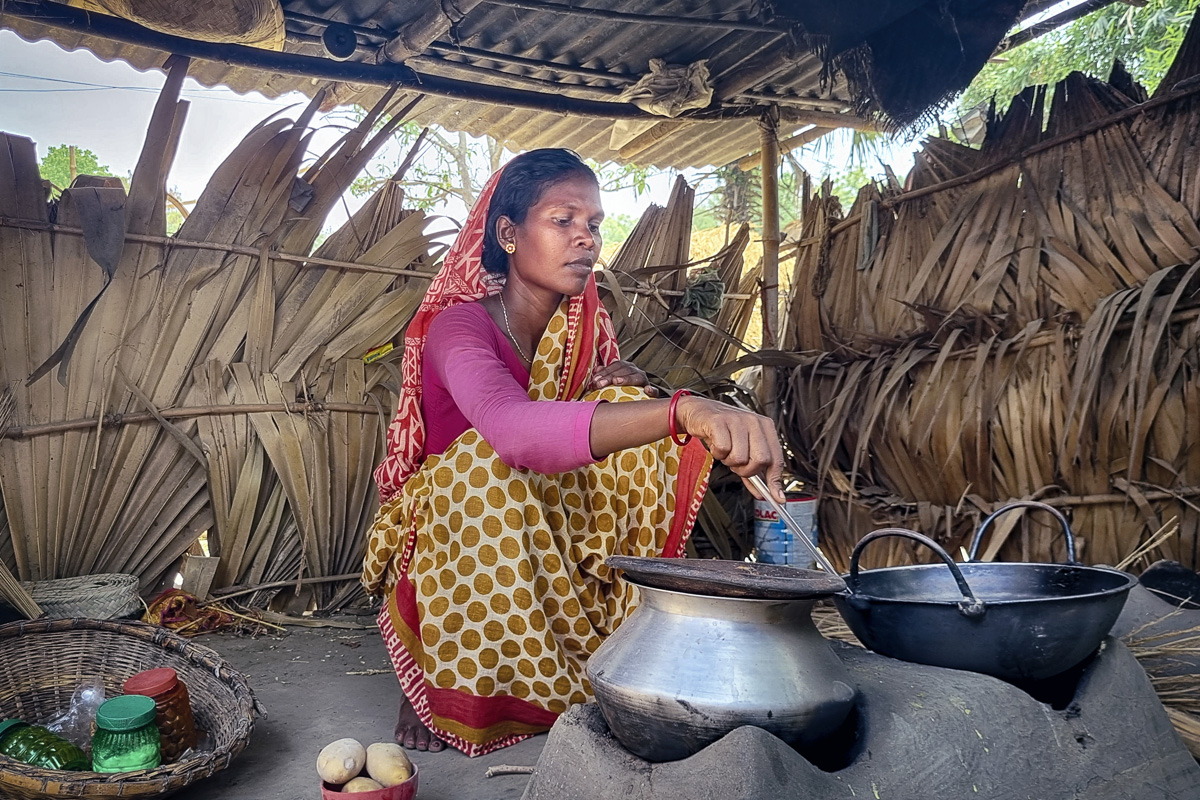
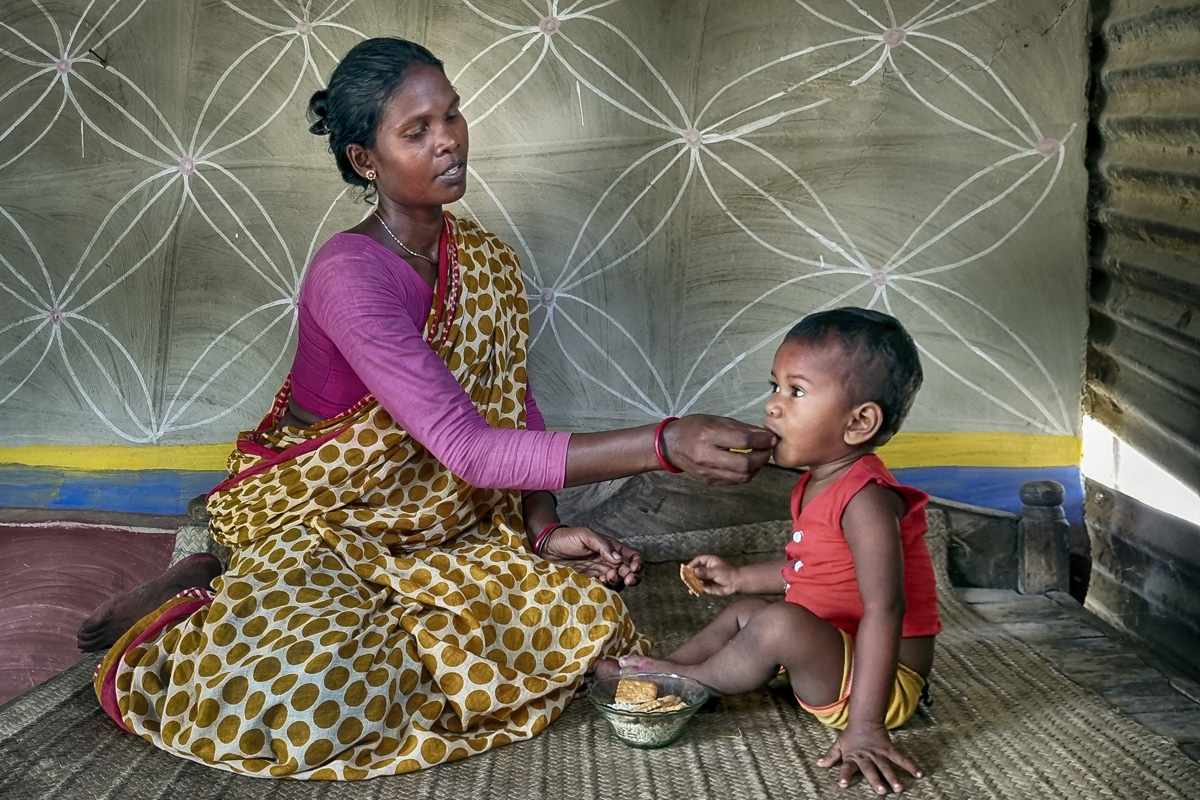
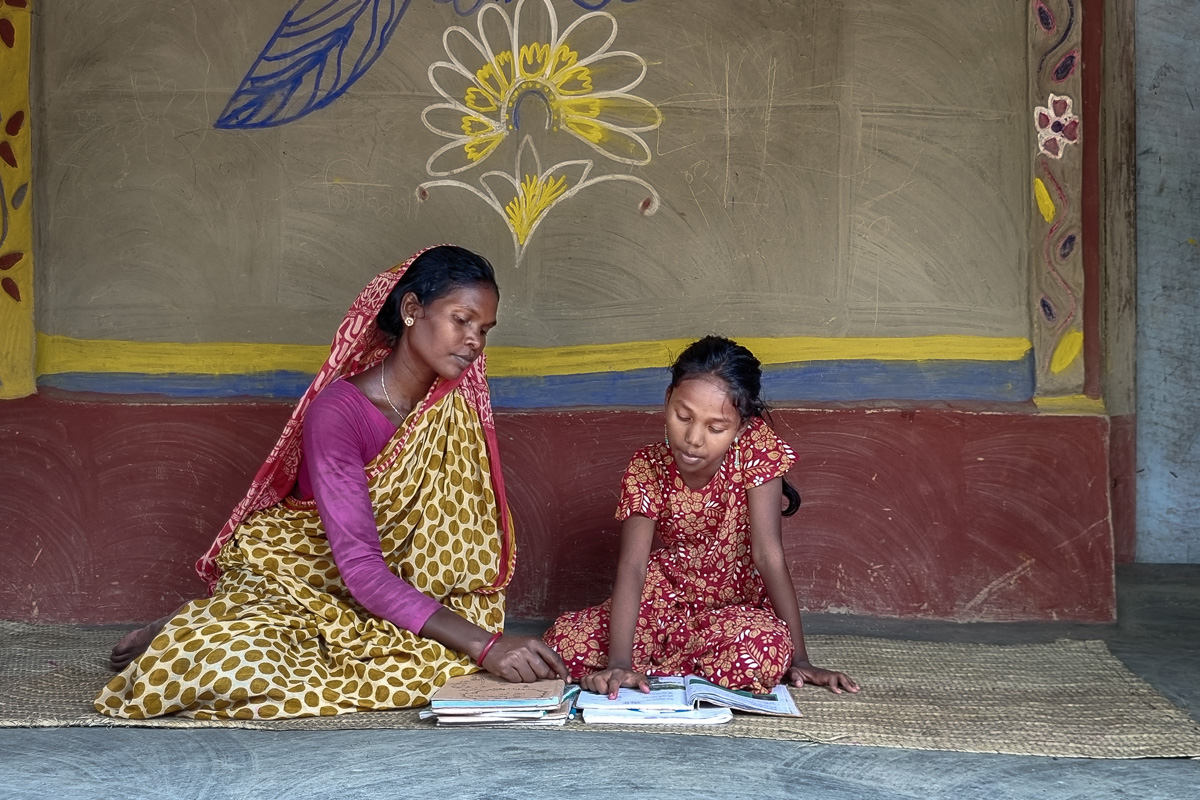
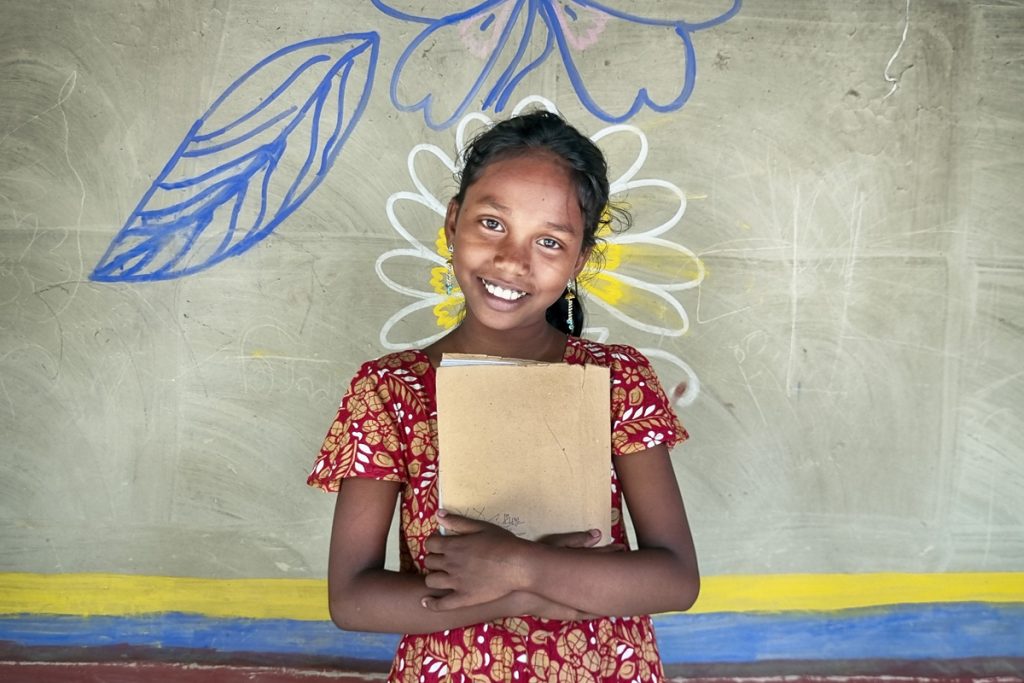
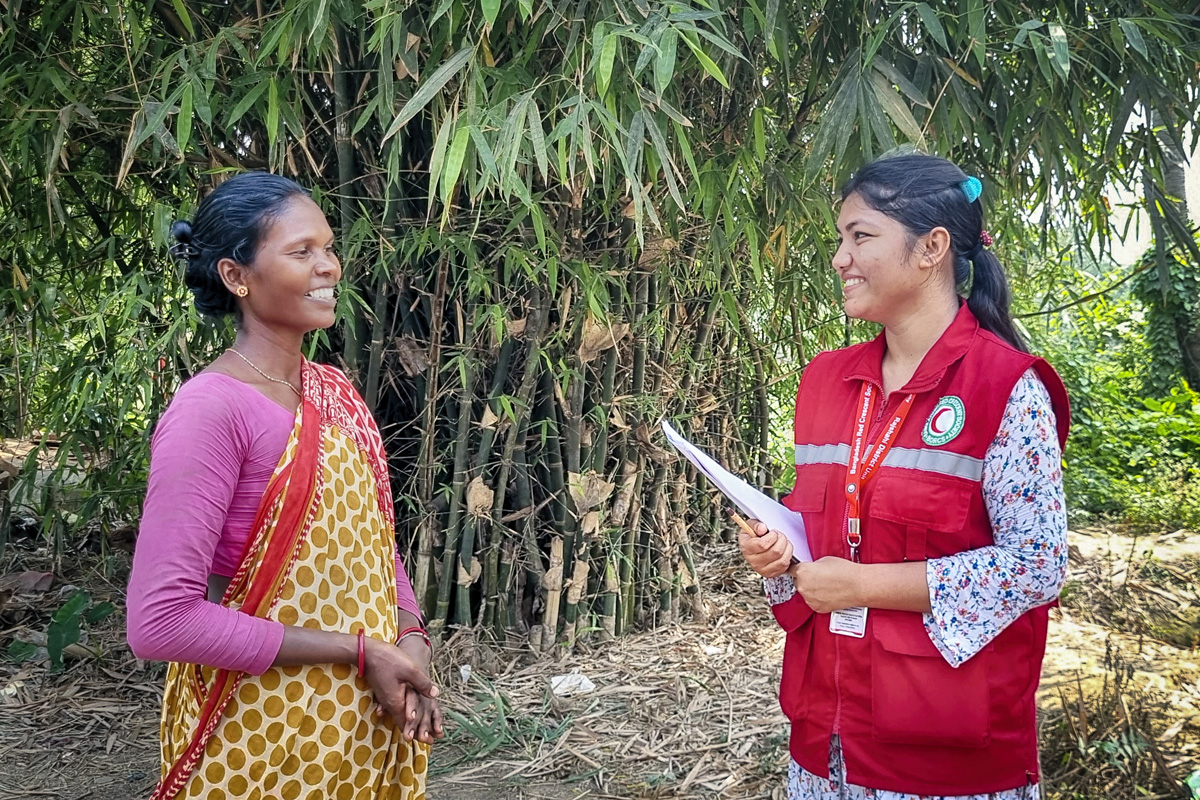
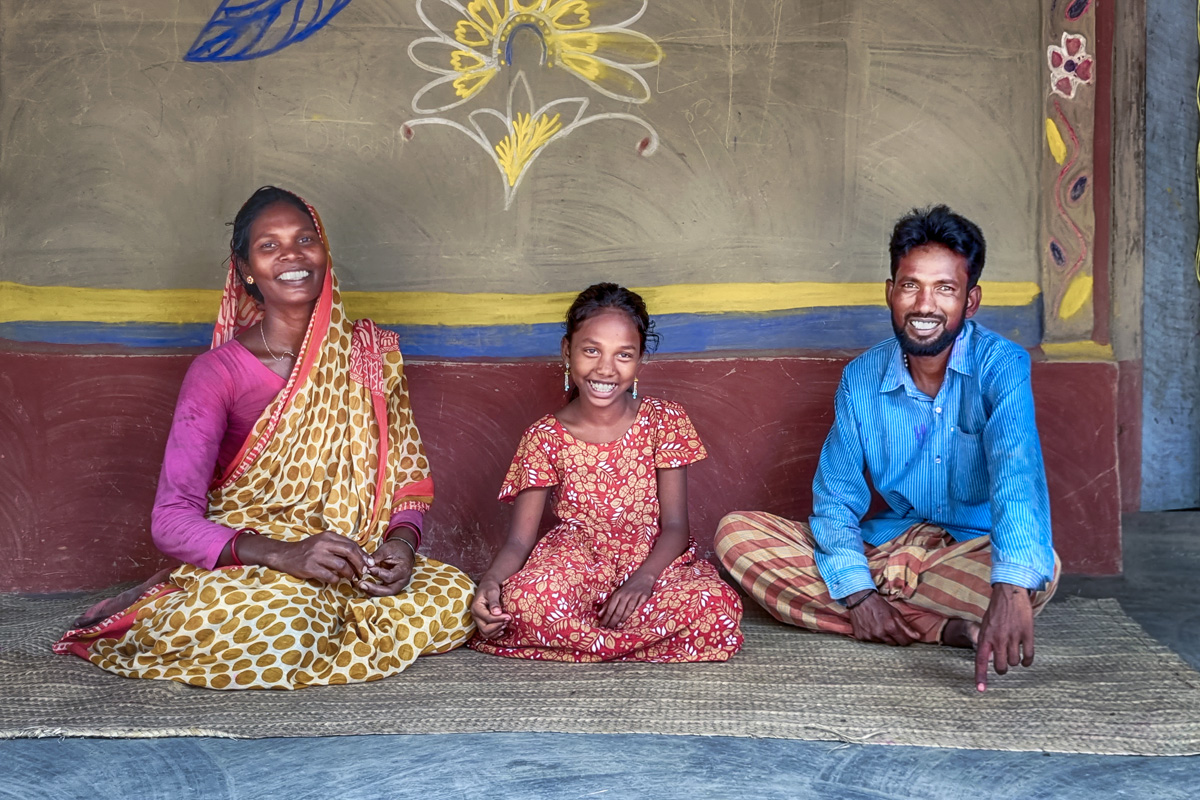
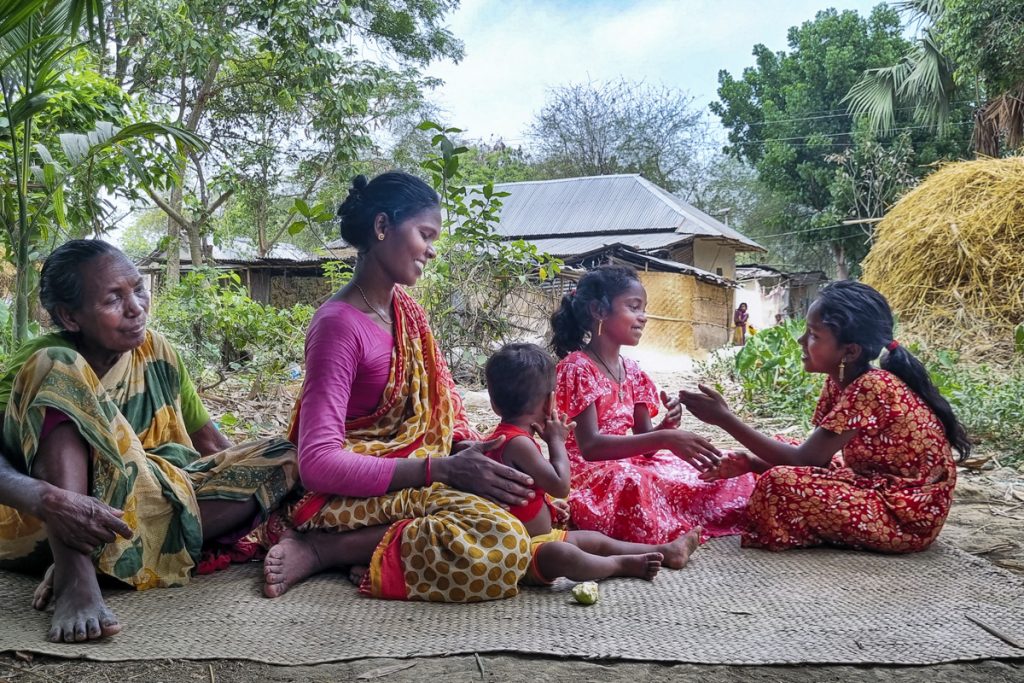
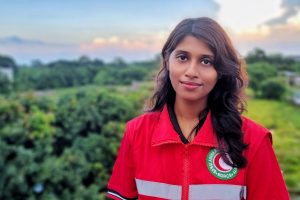






 Tech & Innovation
Tech & Innovation Climate Change
Climate Change Volunteers
Volunteers Migration
Migration